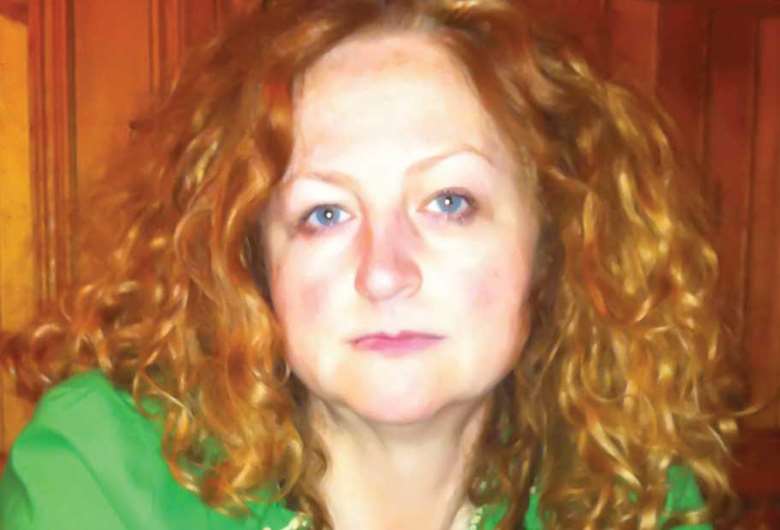Confusion over equality in the revised EYFS
Chrissy Meleady
Monday, June 2, 2014
Early Years Equality has been inundated by calls from settings concerned that their equalities responsibilities have been diluted in the recently revised EYFS.

This misunderstanding appears to have arisen from some changes to the wording in the document, including the removal of the need to have 'a policy of equal opportunity'.
The section on equal opportunities specifying the need for a policy for equality of opportunity, spelling out how inappropriate attitudes and practices will be challenged and children encouraged to value and respect others, has been removed.
This has been replaced with a section on special educational needs.
I think the interpretation by those raising concerns with us has focused upon the withdrawing of the term 'equal opportunities' and policy in this section.
However, it remains the case that changes in the revised EYFS, published in March and that will come into effect from September, must comply with equalities legislation.
Meeting equalities duties and requirements cannot and has not been changed merely by the Department for Education's withdrawal of references or word changes.
The revised EYFS continues to place a duty on all early years practitioners, providers and employers to give due regard to, and to be compliant with, the Equality Act 2010, the Education and Inspection Act 2006, the UN Convention on the Rights of the Child 1989, and the Human Rights Act 1998 for all children in their care.
- For example, the introduction states that the EYFS seeks to provide:'quality and consistency in all early years settings, so that every child makes good progress and no child gets left behind;
- 'a secure foundation through learning and development opportunities which are planned around the needs and interests of each individual child and are assessed and reviewed regularly;
- 'partnership working between practitioners and with parents and/or carers;
- and 'equality of opportunity and anti-discriminatory practice, ensuring that every child is included and supported.'
It is also worth noting that although the need to ensure that 'facilities, equipment and access to the premises are suitable for children with disabilities' has been removed, a reference to the Equality Act has been added.
This also appears to have caused some confusion for some in the sector who have contacted us.
However, the requirements related to making appropriate adaptations and accommodation for disabled children remain as per the requirements of the Equality Act.
The Areas of Learning and Development in the EYFS still require that practitioners, providers and employers must give due regard to, and comply with, equality and inclusion requirements (not only for disabled children, but for all children).
Early years practitioners, providers and employers would be wise not to think of the revised EYFS as a diminution in equalities or a reduction in the duties upon them to give regard to equality, inclusion, anti-discrimination, rights and diversity, as other relevant laws prevail in tandem with the EYFS Statutory Framework.
To do so could leave them open to claims being brought against them under the Equality Act and/or Human Rights Act where breaches occur, including those relating to failings not to give due regard to equality adequately and effectively.
Some of those in the sector are telling Early Years Equality that they have noted clear changes in public function in the newly revised EYFS - and they are expressing their concerns pertaining to these changes.
Early Years Equality will be drawing these concerns to the attention of the Department for Education, including the different expectations upon the maintained sector and other sectors in regard to the status and operations of a Special Educational Needs Co-ordinator, and also in regard to the Government's own public sector duties to promote and safeguard equalities to those they advise.
Early years settings should be left in no doubt that they are required to continue to adhere to equality requirements.
Practitioners, providers and employers should not be left at risk of thinking or interpreting wrongly that they can dilute or reduce their equalities thinking, consideration, due regard and activities.
In fact, if anything they need to increase this aspect of their work in line with the EYFS and related legislation.
Early Years Equality (EYE) is an independent charity that promotes equality in the early years sector, particularly focusing on race.




